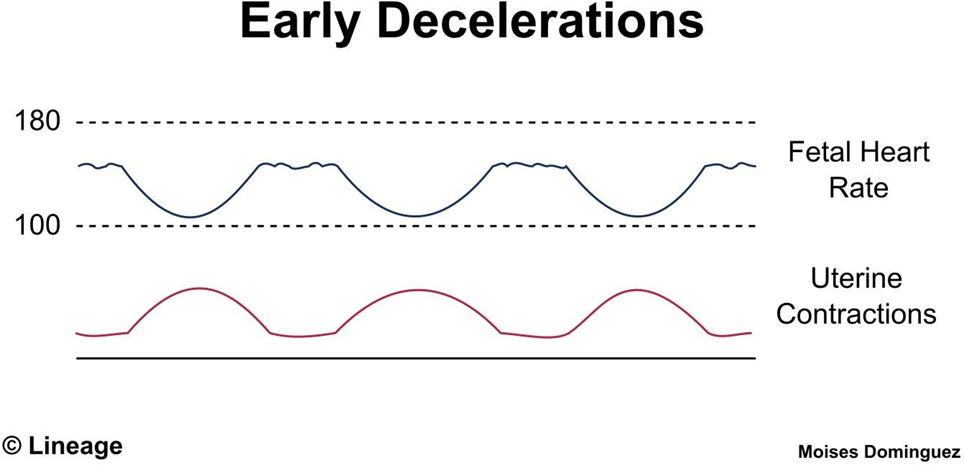A nurse is following protocol for preventing puncture injuries. Which of the following actions should the nurse take?
Detach the needle from the syringe before discarding it.
Place broken glass in a wastebasket.
Recap the needle after administering an injectable medication.
Place lancets in a puncture-proof container.
The Correct Answer is D
A. Detaching the needle from the syringe before discarding it increases the risk of needlestick injuries and is not recommended.
B. Placing broken glass in a wastebasket increases the risk of injury to housekeeping staff; it should be disposed of in a puncture-proof container.
C. Recapping needles increases the risk of needlestick injuries and is not recommended unless there are no alternatives available.
D. Placing lancets in a puncture-proof container is the correct procedure for preventing puncture injuries, as it safely contains sharp objects and reduces the risk of accidental needlesticks.
Nursing Test Bank
Naxlex Comprehensive Predictor Exams
Related Questions
Correct Answer is A
Explanation
A.
A. Early decelerations are typically benign and occur due to head compression during
contractions. They mirror the uterine contraction pattern and are not usually associated with fetal compromise.
B. Fetal hypoxia is not typically associated with early decelerations, as they are considered a normal response to head compression during labor.
C. Abruptio placentae refers to the premature separation of the placenta from the uterine wall and is not directly related to early decelerations.
D. Postmaturity refers to a pregnancy that extends beyond 42 weeks gestation and is not directly related to early decelerations.

Correct Answer is D
Explanation
A. The provider is not required to notify the client's employer about the admission to a mental health facility. This information is protected under confidentiality laws and regulations.
B. While the client may be strongly encouraged to take prescribed medications, they cannot be forced to do so without consent, especially if they are competent to make their own decisions.
C. Electroconvulsive therapy (ECT) typically requires informed consent from the patient or their legal representative, even in an involuntary admission scenario. Therefore, it is incorrect to state that ECT can be performed without consent.
D. If the client poses a risk of harm to themselves or others, the provider can prescribe restraints as a safety measure. This statement is correct and aligns with safety protocols in mental health facilities.
Whether you are a student looking to ace your exams or a practicing nurse seeking to enhance your expertise , our nursing education contents will empower you with the confidence and competence to make a difference in the lives of patients and become a respected leader in the healthcare field.
Visit Naxlex, invest in your future and unlock endless possibilities with our unparalleled nursing education contents today
Report Wrong Answer on the Current Question
Do you disagree with the answer? If yes, what is your expected answer? Explain.
Kindly be descriptive with the issue you are facing.
